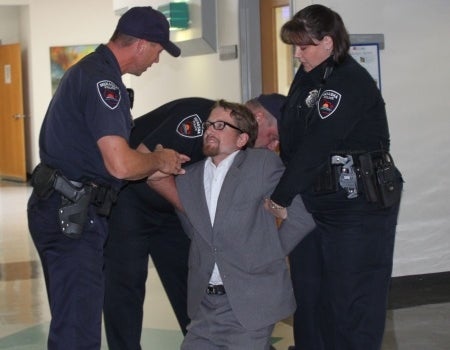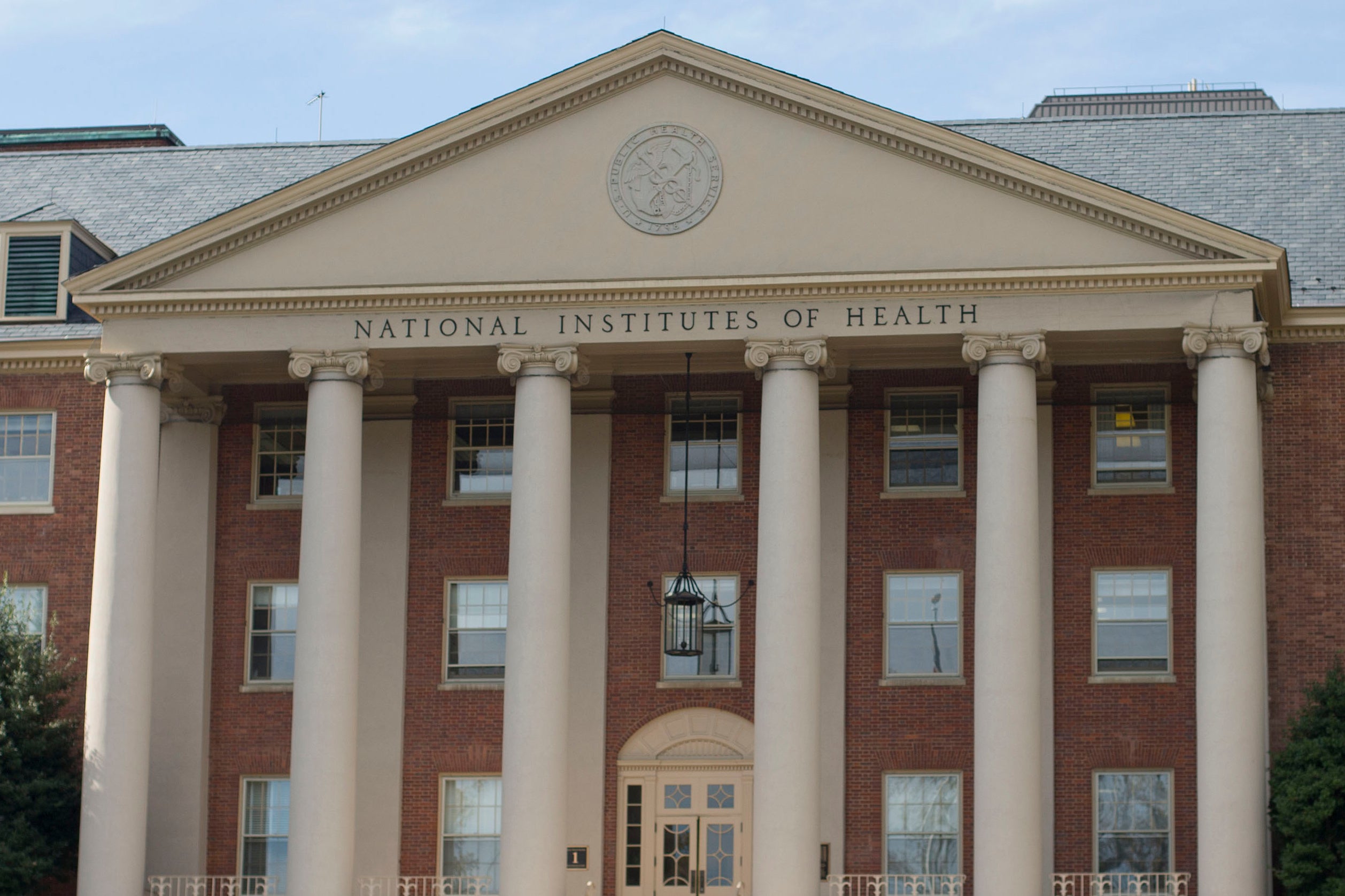The Wisconsin Supreme Court will review a harassment case brought by the University of Wisconsin Board of Regents against a former UW student.
The key issue in the case is where the court should draw the line between legitimate political protest and illegal harassment.
For the past several years, former UW-Stevens Point student Jeff Decker has been attending public meetings of the regents and other UW officials on several campuses to protest the university policies on the distribution of student activity fees. In October of 2011 a Dane County judge approved a restraining order barring Decker from UW property. A state appeals court overturned the order in January of this year.
News with a little more humanity
WPR’s “Wisconsin Today” newsletter keeps you connected to the state you love without feeling overwhelmed. No paywall. No agenda. No corporate filter.
Decker’s attorney Gary Grass says the appeals court found Decker’s actions to be protected under the First Amendment.
“His purpose through all of this was to engage in some civic discourse and monitor the actions of the government and respond to them and criticize them – and that was held by the court of appeals not to be an illegitimate purpose.”
In appealing the case to the Supreme Court, attorneys for the Department of Justice says Decker’s behavior involved raising his voice and disrupting meetings where he was arrested when he refused to leave. The regents appeal to the Supreme Court says that behavior was “antagonistic and intimidating” and qualifies as harassment that the university has a right to prevent to ensure safety on UW campuses.
The court could hear the case in its 2014 session.
Wisconsin Public Radio, © Copyright 2025, Board of Regents of the University of Wisconsin System and Wisconsin Educational Communications Board.






